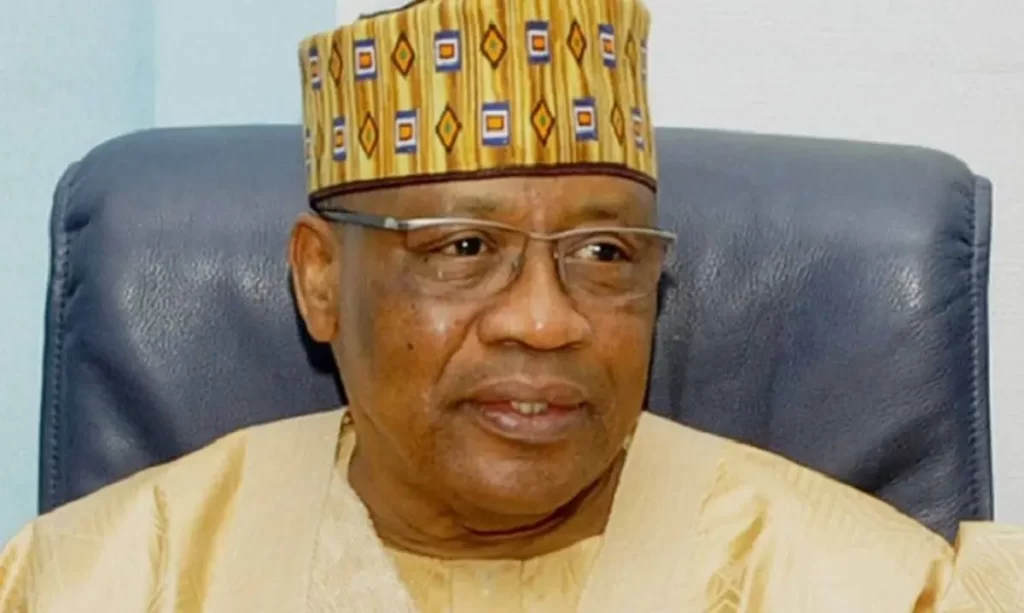Former Military Head of State, General Ibrahim Badamasi Babangida (Rtd), has revealed harrowing details of his narrow escape from death during the infamous coup orchestrated by Major Gideon Orkar on April 22, 1990. In his memoir, “A Journey in Service,” Babangida recounts the tumultuous events that unfolded that fateful night at Dodan Barracks, describing the attack as a “rude shock” that threatened the very fabric of the nation.
The coup, which caught Babangida unaware in the early hours of the morning, commenced with unprecedented troop movements that alarmed his wife, prompting her to alert him to the imminent danger.
Recalling the chaos that ensued, Babangida vividly described how gunfire erupted, shattering windows and signaling the commencement of a brazen assault on his residence and office quarters.
“My guards did what they were trained to do best: to protect me and the family as their primary subjects,” Babangida recounted, highlighting the valiant efforts of his security detail led by his Aide-de-Camp (ADC), Lt-Col. U. K. Bello, who swiftly organized defenses against the determined coup plotters.
Despite fierce resistance, the rebels persisted in their attempt to storm Babangida’s residence.
However, due to the decisive actions of his loyal guards, he and his family were forcefully evacuated to separate safe houses, narrowly escaping the onslaught that left Dodan Barracks severely damaged.
While the coup plotters seized control of the Federal Radio Corporation of Nigeria (FRCN) to broadcast their treasonous message, loyal military forces, under the command of General Sani Abacha, mobilized swiftly to suppress the insurrection.
Babangida praised Abacha’s pivotal role in coordinating the loyal forces and providing constant updates on the operation’s progress from his secure location.
By mid-morning, the tide had turned against the rebels, with many plotters either arrested or fleeing.
Babangida, resolute and undeterred, later addressed the nation, reassuring Nigerians of his safety and the failure of the coup attempt to destabilize the nation.
Reflecting on the betrayal by some of the coup leaders, whom he had personally aided in their military careers, Babangida expressed disappointment and criticized the coup’s divisive agenda, dismissing their demands as “laughable and adolescent.”
He emphasized that the failure of the coup was not just a military defeat but a triumph over forces seeking to sow ethnic and religious discord in Nigeria.
In response to the coup’s revelations about communication failures within the military, Babangida’s administration implemented reforms aimed at enhancing transparency and dialogue among armed forces personnel.
This included the introduction of regular Armed Forces Consultative Assemblies to foster better understanding of national policies and prevent future mutinous activities.
Do you want to share a story with us? Do you want to advertise with us? Do you need publicity for a product, service, or event? Contact us on WhatsApp +2348183319097 Email: platformtimes@gmail.com
We are committed to impactful investigative journalism for human interest and social justice. Your donation will help us tell more stories. Kindly donate any amount HERE




